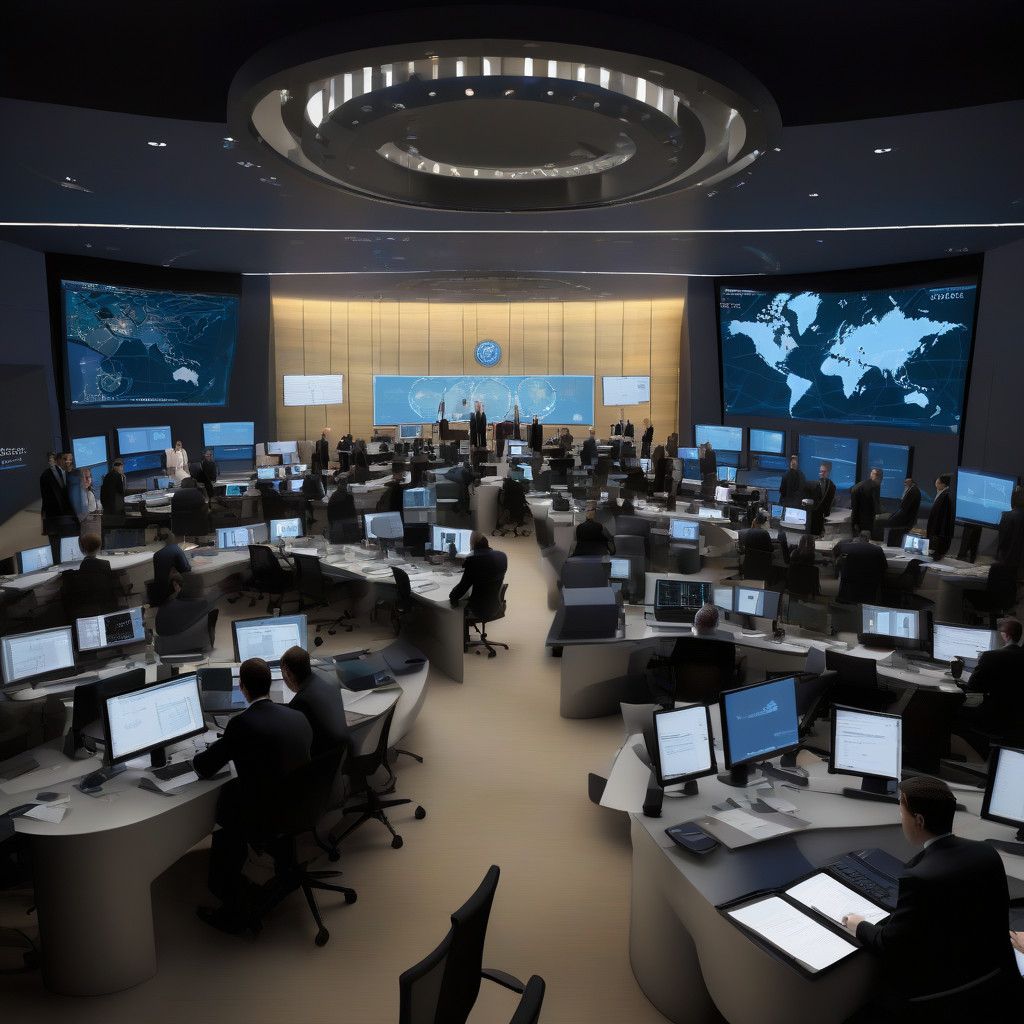In early 2025, the United Nations Office for Disarmament Affairs (ODA) will facilitate a significant simulation exercise aimed at enhancing cybersecurity cooperation among Member States. This initiative will involve engagement with the Global Points of Contact (POC) Directory, which serves to streamline communications during cybersecurity incidents. This directory plays a vital role by providing a dependable avenue for diplomatic and technical contacts among countries, fostering a collaborative approach to cybersecurity that has become increasingly necessary in our interconnected world.
The simulation exercise is part of a broader effort to implement confidence-building measures (CBMs) designed to enhance global cyber stability and security. The initiative aligns with the UN’s broader frameworks, particularly the Open-Ended Working Group (OEWG) on the security of information and communication technologies (ICTs). This pandemic-inspired shift towards enhanced global communication and cooperation comes at a time when the demand for secure digital infrastructures continues to grow.
Previously, many states have confirmed their roles by appointing their POCs and participating in a preliminary ‘ping’ test. This test serves as a verification process, ensuring that the information listed in the POC directory is current and accurate. Such proactive steps are essential in preparing for potential cybersecurity incidents, where timely and effective communication can make a significant difference.
The forthcoming simulation, planned to be held in a hybrid format, aims to familiarize the nominated POCs with the directory’s practical usage. Hybrid events, which combine in-person meetings with online participation, have gained popularity as they offer increased accessibility. Participants will have the opportunity to engage with real-world scenarios that reflect the complexities of managing cybersecurity threats in a diplomatic context.
Particular emphasis will be placed on clarifying the roles of various diplomatic and technical contacts within the POC directory. By fostering a clear understanding of these roles, the simulation will equip Member States with the tools needed to respond effectively in times of crisis. The collaboration with notable institutions, such as the UN Institute for Disarmament Research (UNIDIR) and the International Telecommunications Union (ITU), underscores the importance of multi-stakeholder engagement in tackling global cybersecurity challenges.
The benefits of this simulation exercise extend beyond mere familiarity with procedural protocols. For example, successful responses to cybersecurity threats often rely on trust and established relationships between countries. When states understand how to leverage the POC directory effectively, they can ensure rapid communication, crucial for responding to incidents before they escalate and lead to greater damage.
When reflecting on past incidents, the impact of organized diplomatic strategies becomes clearer. In 2017, the WannaCry ransomware attack disrupted operations across several countries, showcasing the vulnerabilities in global cybersecurity. If countries had established points of contact and a reliable communication channel similar to the POC directory in place, the coordination to address the attack could have been significantly more efficient.
In conclusion, the UN’s upcoming simulation exercise represents an essential step in reinforcing cybersecurity cooperation among nations. By enhancing the functionality of the POC directory and establishing clearer contact roles, the initiative aims to foster a sense of collective responsibility in addressing cybersecurity threats. As digital infrastructures become more critical to national interests, such measures will undoubtedly be key to promoting peace, security, and stability in an increasingly interconnected world.
